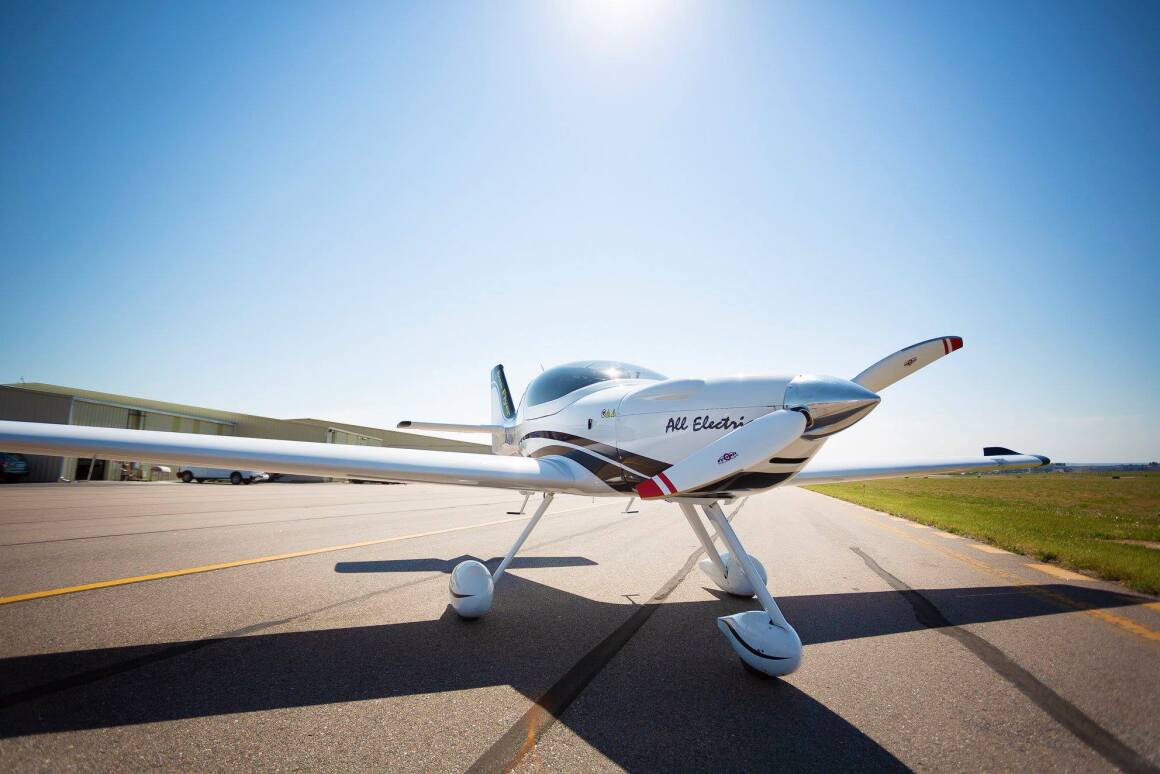Ultra-dense lithium-sulfur battery doubles range of electric planes

British company Oxis Energy believes its high capacity lithium-sulfur batteries, which hold up to five times more energy per weight than lithium-ion cells, are ready to vastly increase the range of electric aircraft.
The world is crying out for real electric aviation options, but as yet, existing lithium-ion cells are so heavy that they're not practical for much more than short journeys. Density is the key, and with leading commercial Li-ion cells still only storing around 250 Wh/kg (in Tesla's 2170 cells, used in the Model 3), everyone's waiting on new cell chemistries that offer higher densities while still remaining reliable and safe.
Or perhaps, in this case, something older. Lithium-sulfur batteries have been around since the 1960s, and have long been known for their relatively high energy density and low cost. The letdown has been cycle life; lithium polysulfides are quite soluble in the electrolytes used in batteries, meaning that the cathode eventually melts away over time.
Oxis says it's developed a "safe," non-flammable electrolyte that preserves the lithium metal for longer. Its ultra-light pouch cells are already delivering energy densities over 500 Wh/kg, proving safe despite punctures and bullet holes, and lasting some 250 charge cycles...
No comments:
Post a Comment